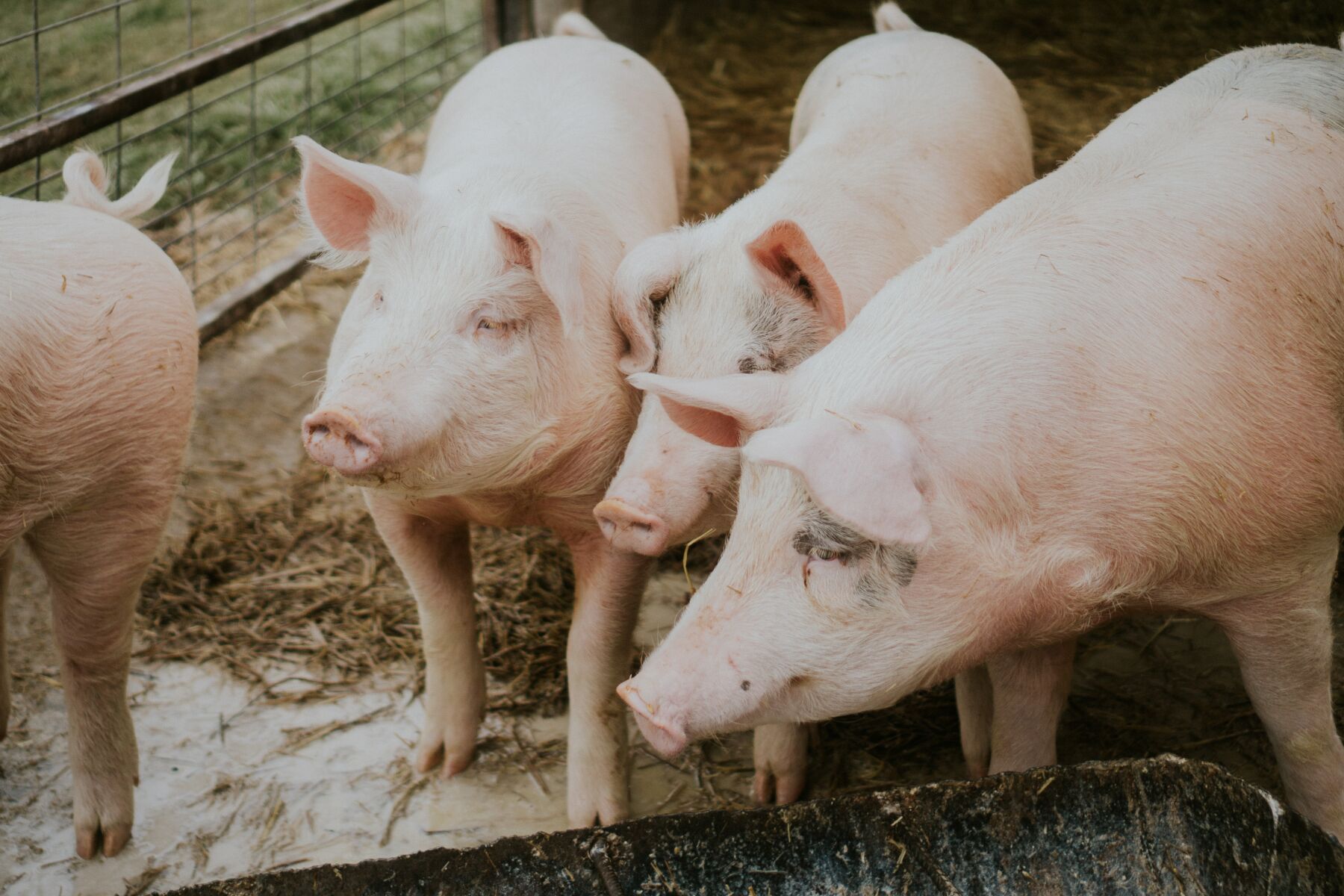Resumption of live pig exports from Indonesia’s Pulau Bulan to Singapore could take a year

The Singapore Food Agency (SFA) has indicated that it could take up to a year for Indonesia’s Pulau Bulan to resume live pig production and exports. Singapore halted imports of live pigs from the island after African swine fever (ASF) was detected in some pig carcasses last month. The affected carcasses, part of a consignment of live pigs from Pulau Bulan, were removed from the abattoir line.
The World Organisation for Animal Health (WOAH) confirmed that Indonesia had experienced an ASF outbreak on a farm in Pulau Bulan. In response, SFA authorities are continuing to assess the situation, acknowledging that food supply disruptions can happen periodically. They are working with the industry to diversify import sources and strengthen food resilience.
SFA also noted that Mexico was recently approved to export chilled pork to Singapore. Alvin Kwek, President of the Meat Traders’ Association in Singapore, stated that its members have activated over 20 sources of chilled and frozen pork from various countries. They have sufficient frozen pork stock to last for months should there be any disruptions to the supply chain. He urged industry players and consumers to be open to alternative supply sources and consider using chilled or frozen pork from different countries.
Meanwhile, the SFA encouraged consumers to explore other protein options. According to Indonesian authorities, the ASF outbreak in Pulau Bulan resulted in the death of 35,297 pigs out of a total herd of 285,034. The outbreak was detected on April 1 and confirmed on April 28. The island is situated within the Riau Islands and is near Batam Island.
ASF poses no danger to humans but is fatal for pigs. China has been grappling with the disease for years, with the initial wave during 2018 and 2019 killing millions of pigs, leading to a steep decline in meat output that affected global markets. China is also experiencing a recent surge in infections this year. The source of the Indonesian outbreak is yet unknown, but local veterinarian authorities have informed WOAH that factors like humans, vehicles, feed, flies, and wild boar may have played a significant role in introducing ASF on the farm. The investigation commenced following the detection of the disease in imported pigs by Singapore’s SFA, reports Channel News Asia.
Latest Thailand News
Follow The Thaiger on Google News:
























